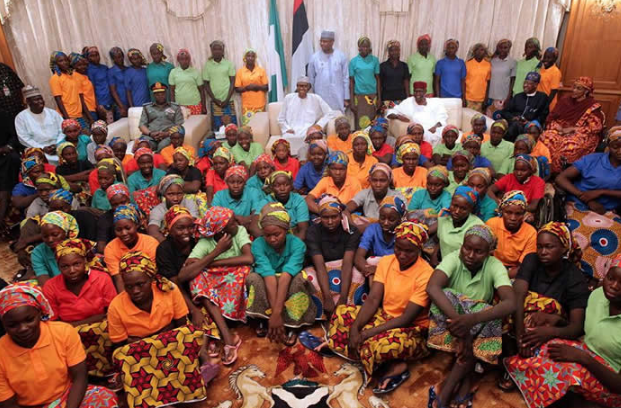The National Examination Commission, NECO, recently released the results of the examinations conducted in June/July but withheld that of candidates from Borno State.
The NECO State Officer, Ahmad Ma’aji, confirmed that the agency withheld the results for candidates in the state.
Ma’aji explained that the action was necessitated by the inability of Borno State Ministry of Education to complete payment of its candidates’ examination fees.
“The ministry only paid part of the total cost of the examination fees. Candidates could access their results as soon as the ministry made payment of the outstanding balance.
“The examination fees are N11, 350 per candidate,” he said.
Mr. Ma’aji disclosed that over 29,000 candidates of both public and private schools sat for the examination in the state, adding that the council had released results of some candidates whose payment were complete.
Most of those released are believed to be for students of private schools, although the official did not disclose specific details of those released.
Meanwhile, students of public secondary schools in Borno have expressed concern over the withholding of examination results by NECO and the West African Examination Council, WAEC.
The News Agency of Nigeria reports that the two agencies withheld results for the June/July 2017 examinations due to the inability of the state government to settle outstanding fees.
The state government had pledged to contribute 75 percent of the total cost while the candidates were to pay the remaining 25 percent.
A cross-section of the candidates, who spoke to NAN, on Friday in Maiduguri, described the situation as “worrisome.’’
Jidda Mustafa, a student of Government College Maiduguri, said that he could not apply for entry into any institution of the higher learning due to non-release of the results by NECO.
Jidda lamented that the trend might affect his chances of securing admission this academic year.
“Most of the candidates could not apply for admissions due to non-release of examination results by WAEC and NECO.
“It is disheartening to see that while private school students are pursuing their admission into universities and other institutions of higher learning, students of public schools are helpless,” he said.
Fati Abubakar, also a student of Government Girls College Maiduguri, who corroborated the opinion, called on the government to pay the examination fees to enable them to further their education.
Shettima Umar, the Vice Chairman, National Association of Nigerian Students, NANS, in the state, decried the withholding of SSCE and NECO examination results in the state.
Mr. Umar said that the ugly trend was inimical to sustainable development in the sector and called on the government to settle the fees to facilitate release of the examination result on time.
“Urgent measures are necessary to save the situation and assist the students to apply for admission into institutions of learning,” he said.
In his reaction, Hassan Aminami, the Permanent Secretary, Ministry of Education, said that the ministry had paid 50 percent of its counterpart contribution of the examination fees.
Mr. Aminami explained that the ministry was expected to pay 25 percent of the amount while the Ministry for Local Government and candidates were to contribute 25 percent each, respectively.
He added that the ministry and candidates had so far paid 75 percent of the total cost while the remaining 25 percent would be settled by the ministry for local government.
“We are concerned about the situation and we intimated the ministry for local government over the impending issue.
“They are working on it and payment of the remaining 25 percent will be made soon so that students can access their result,” Mr. Aminami said.
